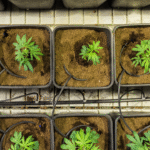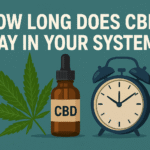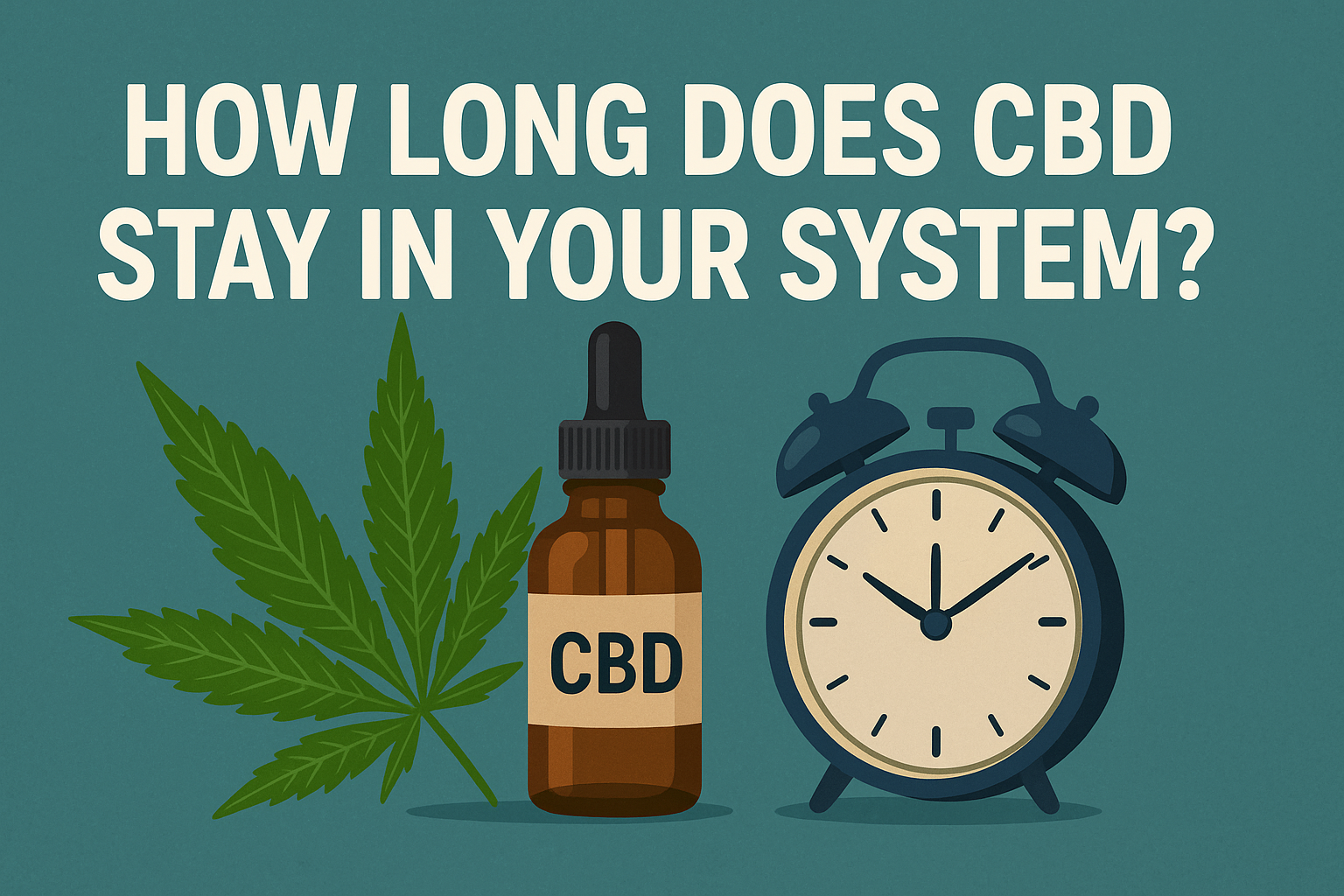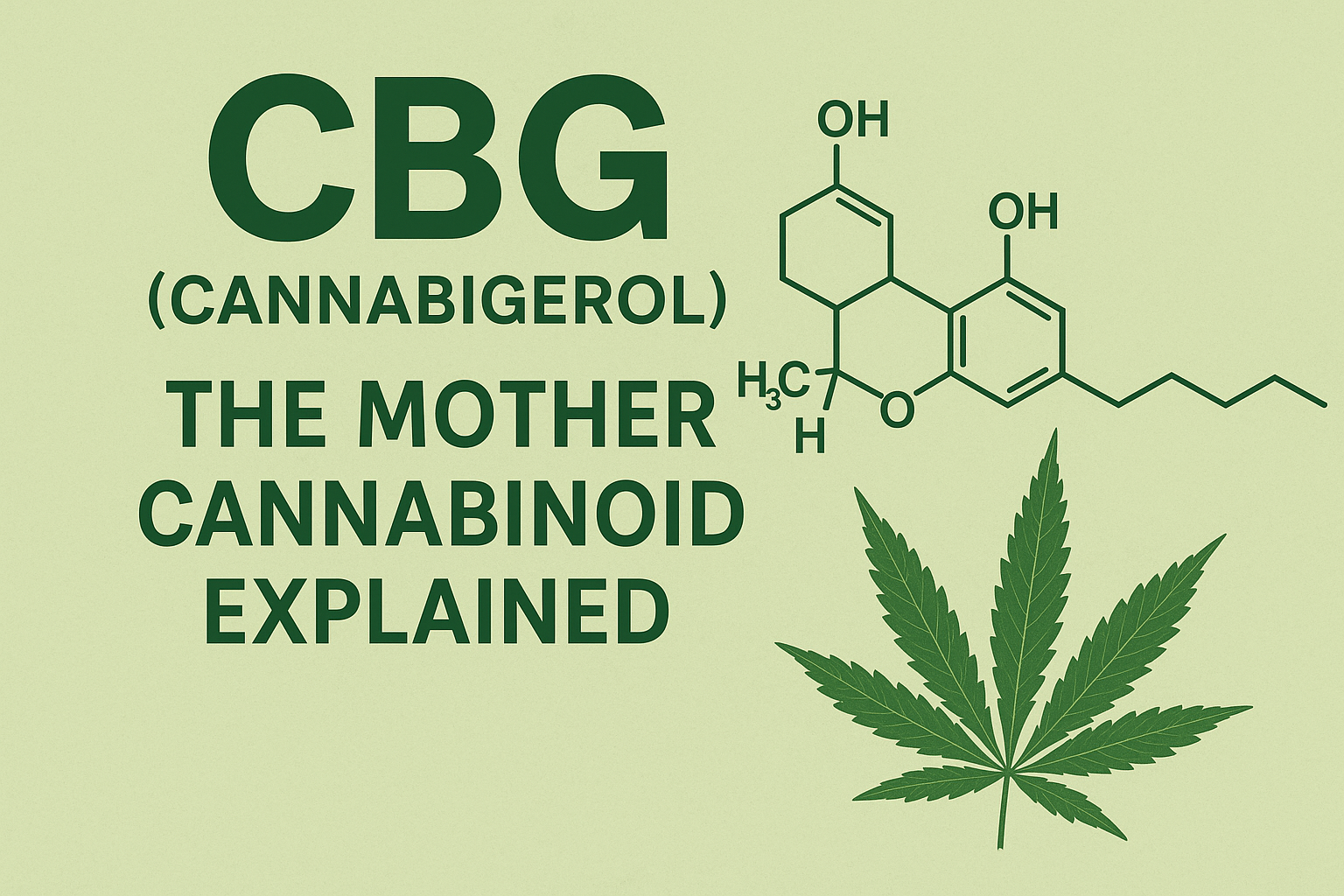CBD has now become a go-to solution for pain relief for many. If you are suffering from stress, anxiety, pain, and insomnia, CBD is a perfect natural solution for it. Moreover, you don’t need to take harmful painkillers (NSAIDs) and opioids.
But a common question many people ask is: How long does CBD stay in your system?
The short answer is: CBD can stay in your system anywhere from a few hours to a few weeks, depending on various factors like how much you use, how often you use it, your metabolism, and the type of product.
You can find CBD in just about everything these days, from oils and gummies to vapes and even pre-rolled CBD cigarettes. So, let’s talk about it in more detail.
First, What Is CBD?
CBD is a compound found in cannabis plants. Unlike THC (tetrahydrocannabinol), the compound that gets you high, CBD doesn’t have any psychoactive effects. It interacts with your body’s endocannabinoid system, which plays a role in regulating things like mood, pain, sleep, and immune response.
CBD products sold in the U.S. must legally contain less than 0.3% THC, but that tiny amount could still show up on a drug test depending on the product and your body.
How Long Does CBD Stay in Your System?
Let’s get right into it. CBD can remain in your system for 2 to 30 days, but that’s a big range. The exact time depends on:
- Your body weight and metabolism
- Frequency of use
- Dosage
- Type of CBD (full-spectrum, broad-spectrum, isolate)
- Form of consumption (e.g., oil vs. vape)
Let’s look at each common form of CBD and how long it might stay in your system.
1. How Long Does CBD Oil Stay in Your System?
CBD oil is one of the most popular ways to take CBD. It’s usually taken sublingually so it gets absorbed into your bloodstream fairly quickly.
Absorption time: 15–45 minutes
Duration of effects: 4–6 hours
Detection window: 2 to 5 days, sometimes up to a week
If you’re taking CBD oil daily or at a higher dose, it could stay in your system even longer, like up to 10–15 days in some cases.
2. How Long Do CBD Gummies Stay in Your System?
Gummies are another favorite way to take CBD. They’re tasty, discreet, and come in pre-measured doses. But because you have to digest them first, they take longer to kick in.
Absorption time: 30–90 minutes
Duration of effects: 6–8 hours
Detection window: 5 to 15 days
CBD from edibles like gummies is processed through your digestive system and liver. This “first-pass metabolism” means it takes longer to feel effects, but they last longer too.
If you eat CBD gummies regularly, the compound can build up in your fat cells, leading to a longer detection window. For occasional users, it may only stay in your system for a few days.
3. How Long Does a CBD Cigarette Stay in Your System?
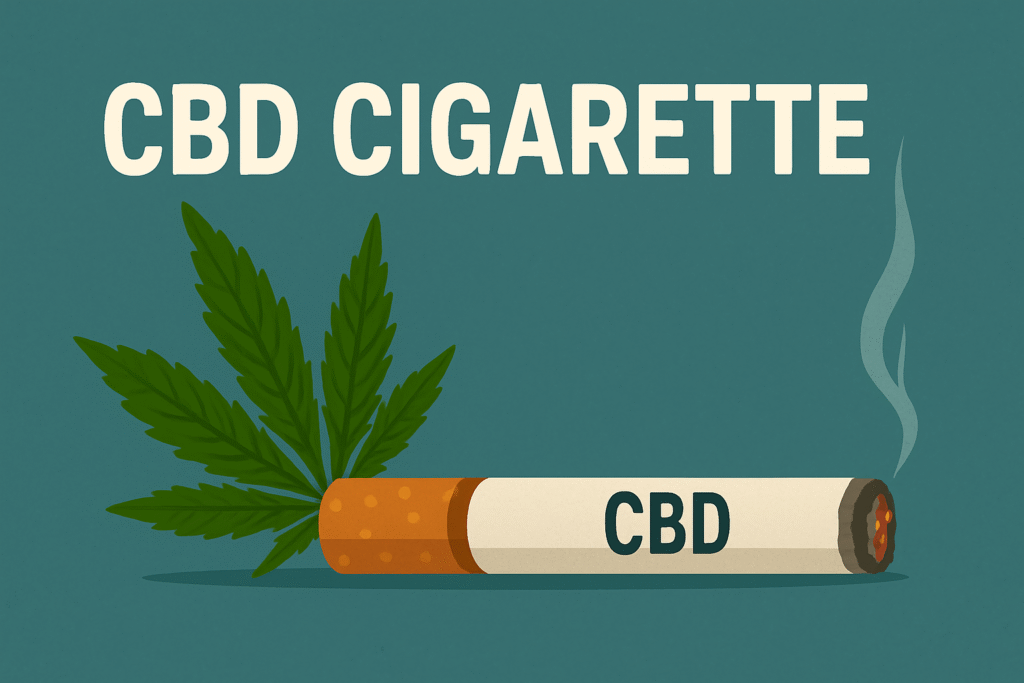
CBD cigarettes (or pre-rolls) contain hemp flower, which is naturally high in CBD and low in THC. Smoking a CBD cigarette delivers CBD directly into your lungs and bloodstream quickly.
Absorption time: Almost immediate (within minutes)
Duration of effects: 1–3 hours
Detection window: 1 to 3 days, possibly longer for frequent users
While the effects fade quickly, CBD and trace THC can still be detected in your urine or blood for a few days. If you’re a heavy or frequent smoker of CBD joints, it could last up to 7 days or more.
4. How Long Does CBD Vape Stay in Your Body?
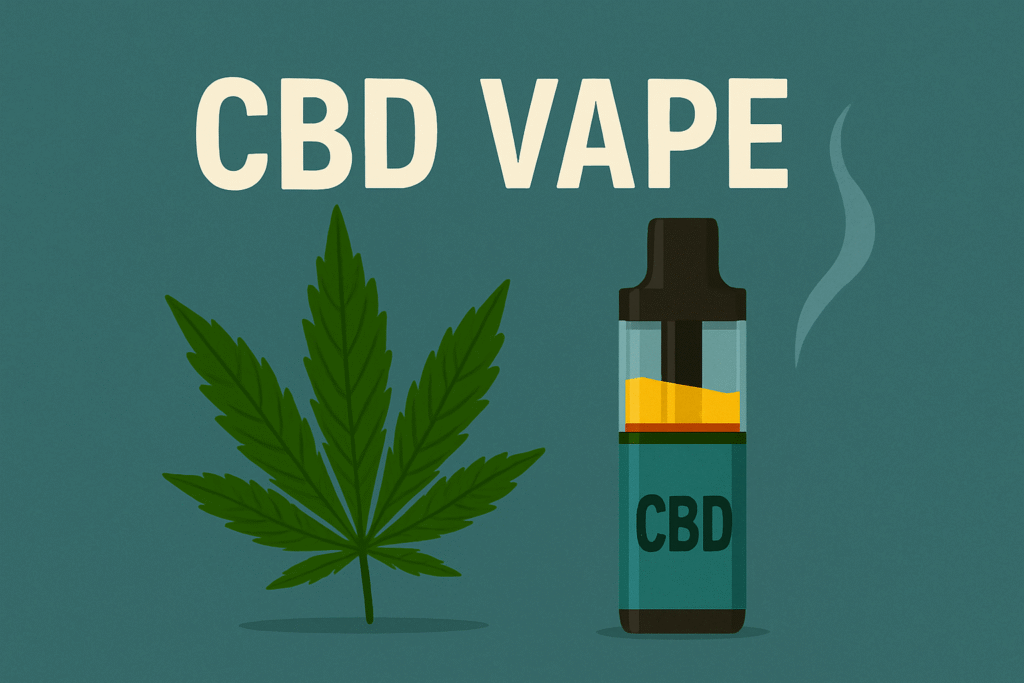
Vaping CBD is similar to smoking in terms of how fast it hits your system. The vaporized CBD is absorbed through the lungs and goes straight into your bloodstream.
Absorption time: Within seconds to minutes
Duration of effects: 1–3 hours
Detection window: 2 to 5 days, longer with frequent use
Because vaping delivers a more concentrated dose quickly, it also gets processed by your body faster. But if you vape daily, CBD may linger longer, like up to a week or more.
5. How Long Will CBD THC Stay in Your System?
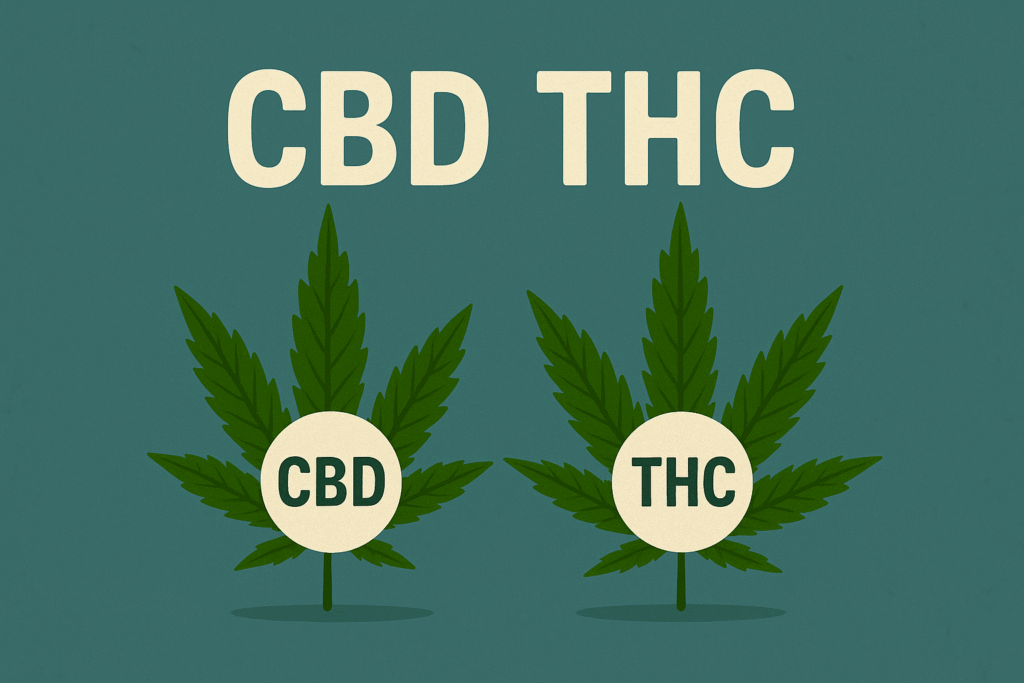
Here’s where things get tricky. Some CBD products like Topical Cream contain trace amounts of THC, especially full-spectrum CBD. That means if you’re using CBD regularly, THC might show up on a drug test.
Let’s break this down:
- THC half-life in occasional users: 1–2 days
- THC half-life in frequent users: 5–13 days
- In urine tests, THC can be detected for up to 30 days in heavy users
So even if you’re only using CBD, if it’s full-spectrum, and you use it regularly, you might fail a drug test. If you’re worried about testing, stick with CBD isolate or broad-spectrum CBD, which are usually THC-free.
Factors That Affect How Long CBD Stays in Your System
There’s no one-size-fits-all answer because your body plays a big role. Here are the main factors that influence how long CBD (and any trace THC) sticks around:
1. Body Weight & Fat Content: CBD is stored in fat cells. The more body fat you have, the longer CBD may stay in your system.
2. Metabolism: People with faster metabolisms tend to process and eliminate CBD more quickly.
3. Dosage & Frequency: The more CBD you take and the more often or longer it will stay in your body.
4. Delivery Method: Inhaled CBD (like vapes or cigarettes) is processed faster than ingested CBD (like oils or gummies), but the detection window can still vary.
5. Hydration & Diet: Staying well-hydrated and maintaining a healthy diet can help flush CBD and its metabolites more quickly.
Will CBD Show Up on a Drug Test?
CBD itself won’t show up on a drug test, but trace amounts of THC might. Most drug tests don’t screen for CBD, but they do look for THC or its metabolites (like THC-COOH).
To reduce your risk of a positive drug test:
- Use broad-spectrum or isolate CBD products
- Buy from reputable brands with third-party lab testing
- Check for THC content (should be <0.3% or zero)
Final Thoughts
CBD is a safe and popular option for many people, but how long it stays in your system depends on many personal and product-specific factors. Here’s a quick summary:
Product Type Detection Window
| Product Type | Detection Window |
| CBD Oil | 2–7 days (up to 15 with regular use) |
| CBD Gummies | 5–15 days |
| CBD Cigarettes | 1–7 days |
| CBD Vape | 2–7 days |
| CBD with THC | Up to 30 days (for THC) |
If you’re using CBD casually, it likely won’t stay in your system for more than a few days. But if you’re a frequent user, especially of full-spectrum products, it could linger longer and may even affect drug tests.
If you’re concerned about drug testing or just want to play it safe, always read product labels, check lab results, and choose THC-free products when needed.
Disclaimer:
The information in this blog is for educational and informational purposes only and is not intended as medical or legal advice. Cannabidiol (CBD) affects individuals differently, and how long it stays in your system can vary based on many factors. Always consult with a healthcare provider before starting any new supplement, especially if you are pregnant, nursing, taking medication, or have a medical condition.
Additionally, while CBD is federally legal in the United States if derived from hemp containing less than 0.3% THC, laws may vary by state and country. The presence of trace amounts of THC in some CBD products may result in a positive drug test. Always verify the THC content of any product and consult your employer or testing agency if you are concerned about drug testing.
We do not endorse or guarantee the accuracy of third-party lab results or product claims. Use CBD products responsibly and purchase only from reputable sources.
Resource:
Spindle, T. R., et al. (2020). “Urinary Pharmacokinetic Profile of Cannabidiol (CBD) in Humans after Smoking High-CBD Cannabis.” The Journal of Analytical Toxicology, 44(2), 109–117.
https://academic.oup.com/jat/article/44/2/109/5581007
Harvey, D. J. (1990). “Absorption, distribution, and biotransformation of the cannabinoids.” Cannabinoids as Therapeutic Agents, 91–112.
https://doi.org/10.1007/978-1-4757-5325-4_6
Verstraete, A. G. (2004). “Detection times of drugs of abuse in urine.” Therapeutic Drug Monitoring, 26(2), 200–205.
Moosmann, B., Roth, N., & Auwärter, V. (2015). “Cannabis findings in blood, urine, and hair – Relationship to consumption behavior and validity of results.” Forensic Science International, 249, 161–167.
https://doi.org/10.1016/j.forsciint.2015.01.015
Huestis, M. A. (2007). “Human Cannabinoid Pharmacokinetics.” Chemistry & Biodiversity, 4(8), 1770–1804.
https://pubmed.ncbi.nlm.nih.gov/17712819
Lucas, C. J., et al. (2018). “Cannabidiol (CBD) and its analogs: a review of their effects on inflammation.” Bioorganic & Medicinal Chemistry, 26(7), 1435–1444.
https://doi.org/10.1016/j.bmc.2017.10.048
Millar, S. A., et al. (2018). “A Systematic Review on the Pharmacokinetics of Cannabidiol in Humans.” Frontiers in Pharmacology, 9, 1365.
https://www.frontiersin.org/articles/10.3389/fphar.2018.01365
Grayson, C., et al. (2020). “Unintended Consequences of CBD Products: Positive THC Urine Drug Test Results.” Journal of Analytical Toxicology, 44(6), 616–621.
https://academic.oup.com/jat/article/44/6/616/5815252
Bergamaschi, M. M., et al. (2011). “Safety and side effects of cannabidiol, a Cannabis sativa constituent.” Current Drug Safety, 6(4), 237–249.
https://pubmed.ncbi.nlm.nih.gov/22129319
Iffland, K., & Grotenhermen, F. (2017). “An Update on Safety and Side Effects of Cannabidiol: A Review of Clinical Data and Relevant Animal Studies.” Cannabis and Cannabinoid Research, 2(1), 139–154.




